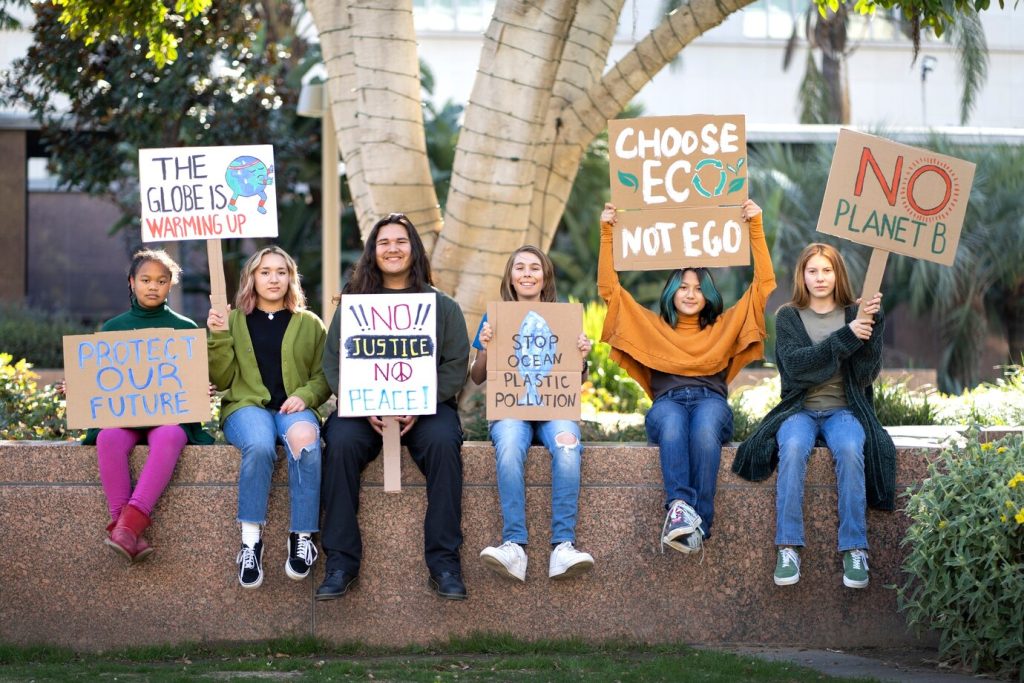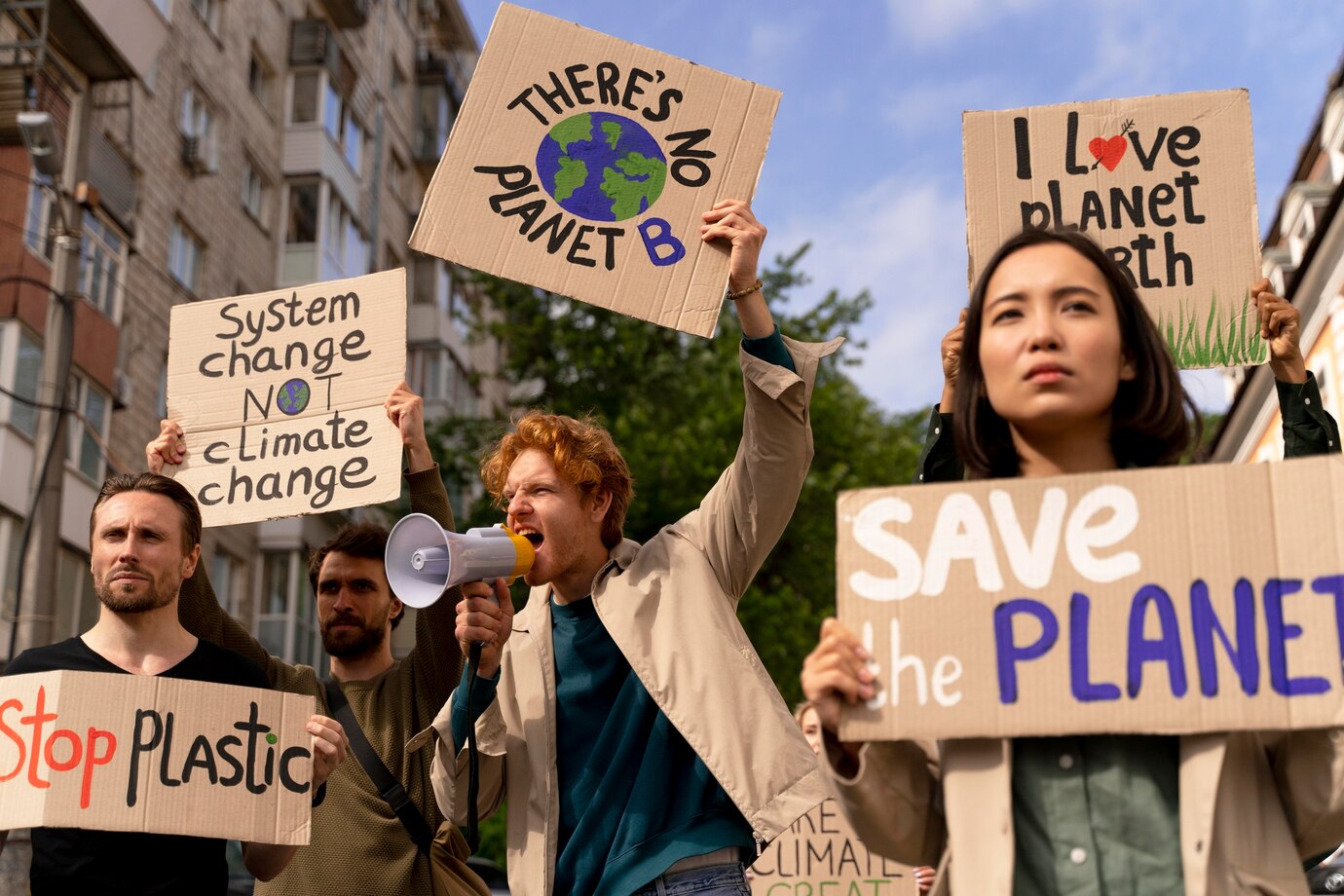As the global community grapples with the urgent need to address environmental concerns, individuals around the world are stepping up to make a difference in their own communities and beyond. While systemic change is essential, individual actions play a crucial role in driving momentum and inspiring collective action. In this article, we explore practical steps that individuals can take to become effective agents of change in the fight against environmental degradation.

1. Educate Yourself and Others
Knowledge is a powerful tool in the fight against environmental concerns. Take the time to educate yourself about the key issues facing our planet, including climate change, pollution, biodiversity loss, and resource depletion. Stay informed through reputable sources of information, such as scientific journals, environmental organizations, and credible news outlets. Share what you learn with others to raise awareness and inspire action in your community.
2. Reduce Your Carbon Footprint
One of the most impactful actions individuals can take to combat climate change is to reduce their carbon footprint. This can be achieved through simple lifestyle changes, such as reducing energy consumption, choosing sustainable transportation options, minimizing waste, and adopting a plant-based diet. Calculate your carbon footprint using online calculators and set goals for reducing it over time.
3. Advocate for Change
Use your voice to advocate for policies and practices that promote environmental sustainability. Write to your elected representatives, participate in local activism efforts, and support organizations working on environmental issues through volunteering, donations, or advocacy campaigns. Join forces with like-minded individuals and organizations to amplify your impact and push for systemic change at all levels of society.
4. Support Sustainable Products and Businesses
Vote with your wallet by supporting companies that prioritize sustainability and ethical practices. Look for eco-friendly products with minimal packaging, environmentally friendly certifications, and fair labor practices. Consider investing in renewable energy sources, such as solar panels or wind turbines, to reduce your reliance on fossil fuels and support the transition to a clean energy economy.
5. Get Involved in Community Initiatives
Engage with your local community to participate in environmental initiatives and projects. Join community gardens, clean-up events, tree planting efforts, and conservation programs to make a tangible difference in your neighborhood. Connect with local environmental organizations and volunteer your time and skills to support their work on issues ranging from habitat restoration to environmental education.
6. Lead by Example
Be a role model for others by incorporating sustainable practices into your daily life and encouraging those around you to do the same. Whether it’s composting food waste, using reusable water bottles and bags, or biking instead of driving, your actions can inspire others to follow suit and create a ripple effect of positive change.
Conclusion
In the face of daunting environmental challenges, individuals have the power to make a difference through their everyday actions and choices. By educating themselves, reducing their carbon footprint, advocating for change, supporting sustainable businesses, getting involved in community initiatives, and leading by example, individuals can become effective agents of change in the fight against environmental degradation. Together, we can create a more sustainable and resilient future for generations to come.
